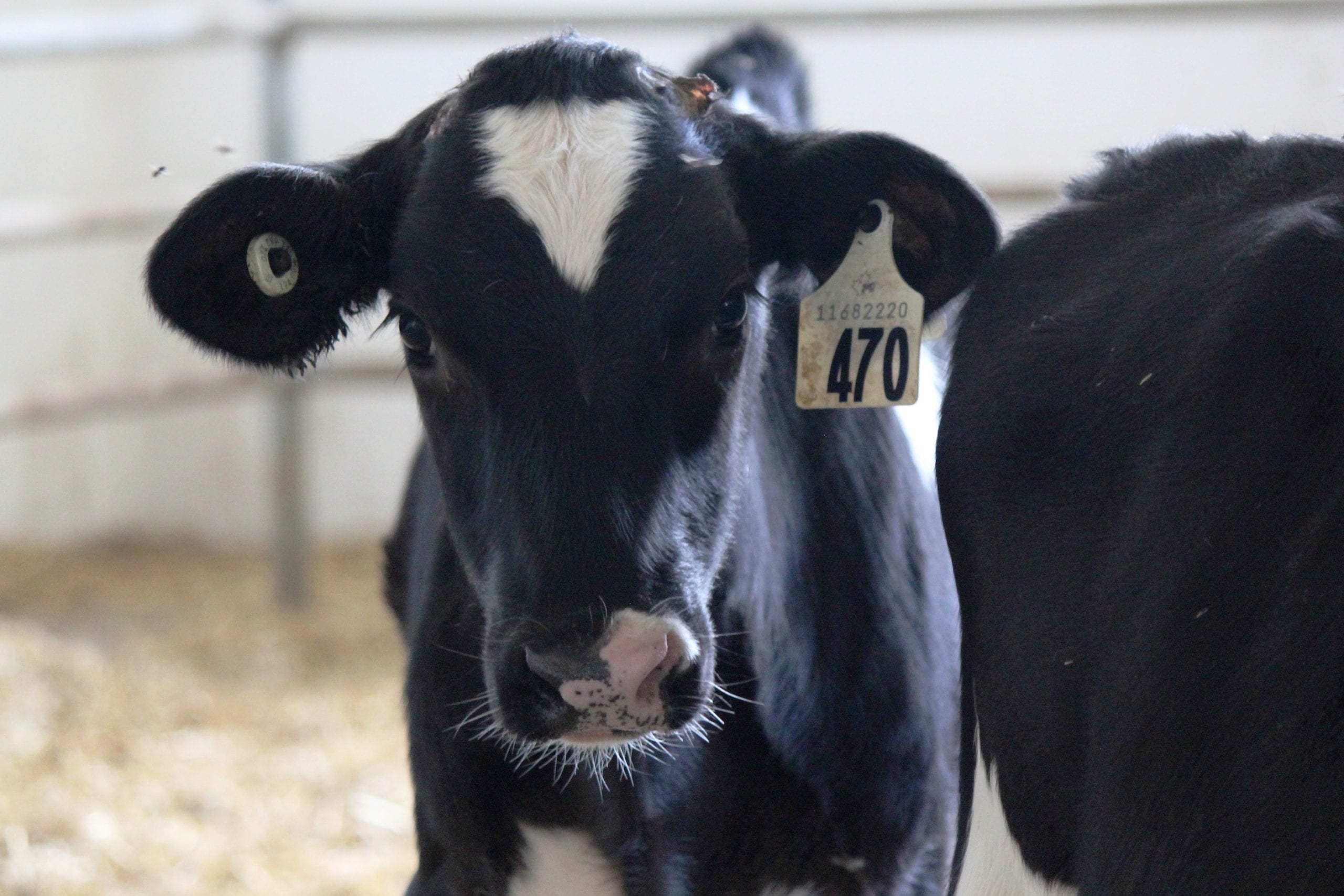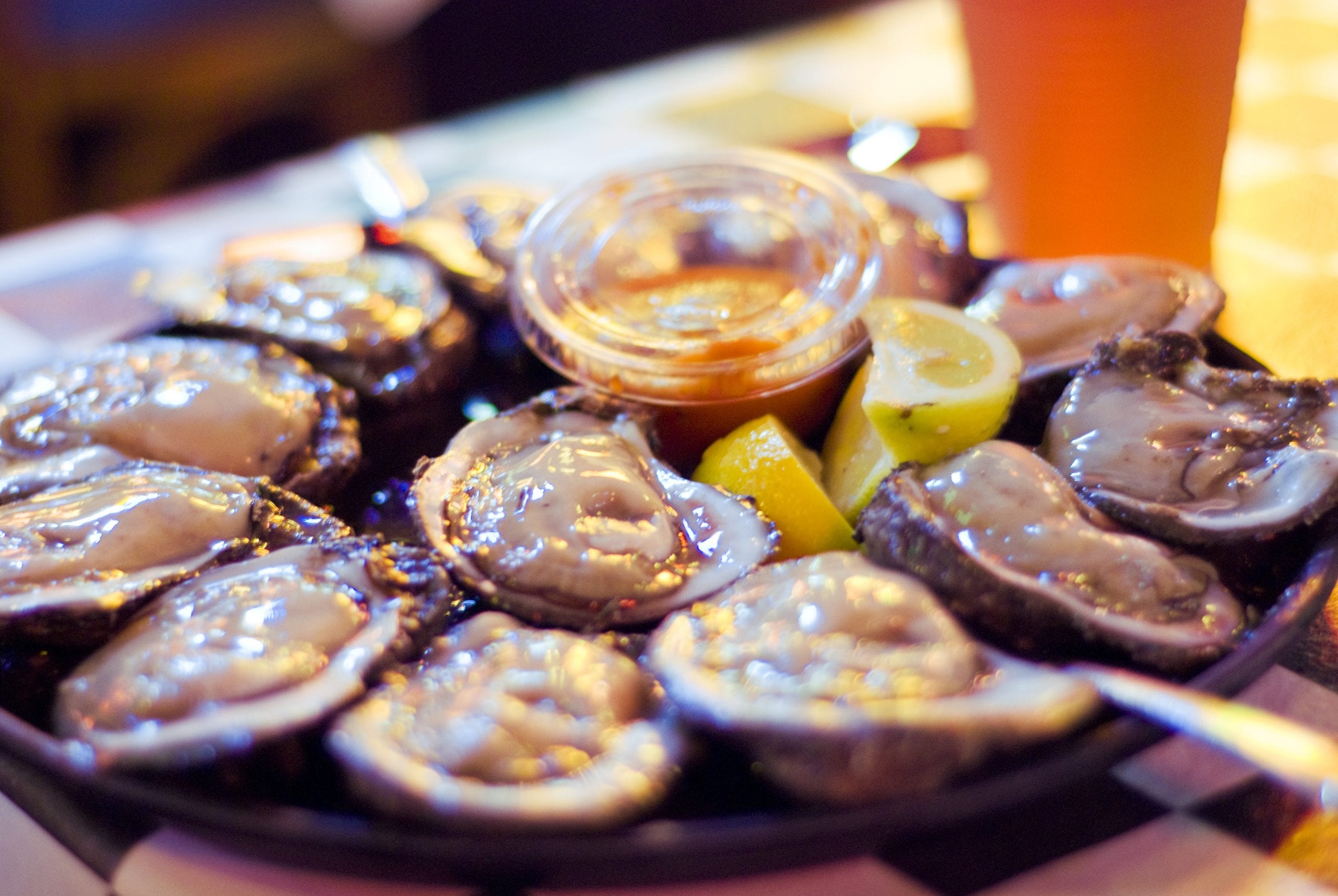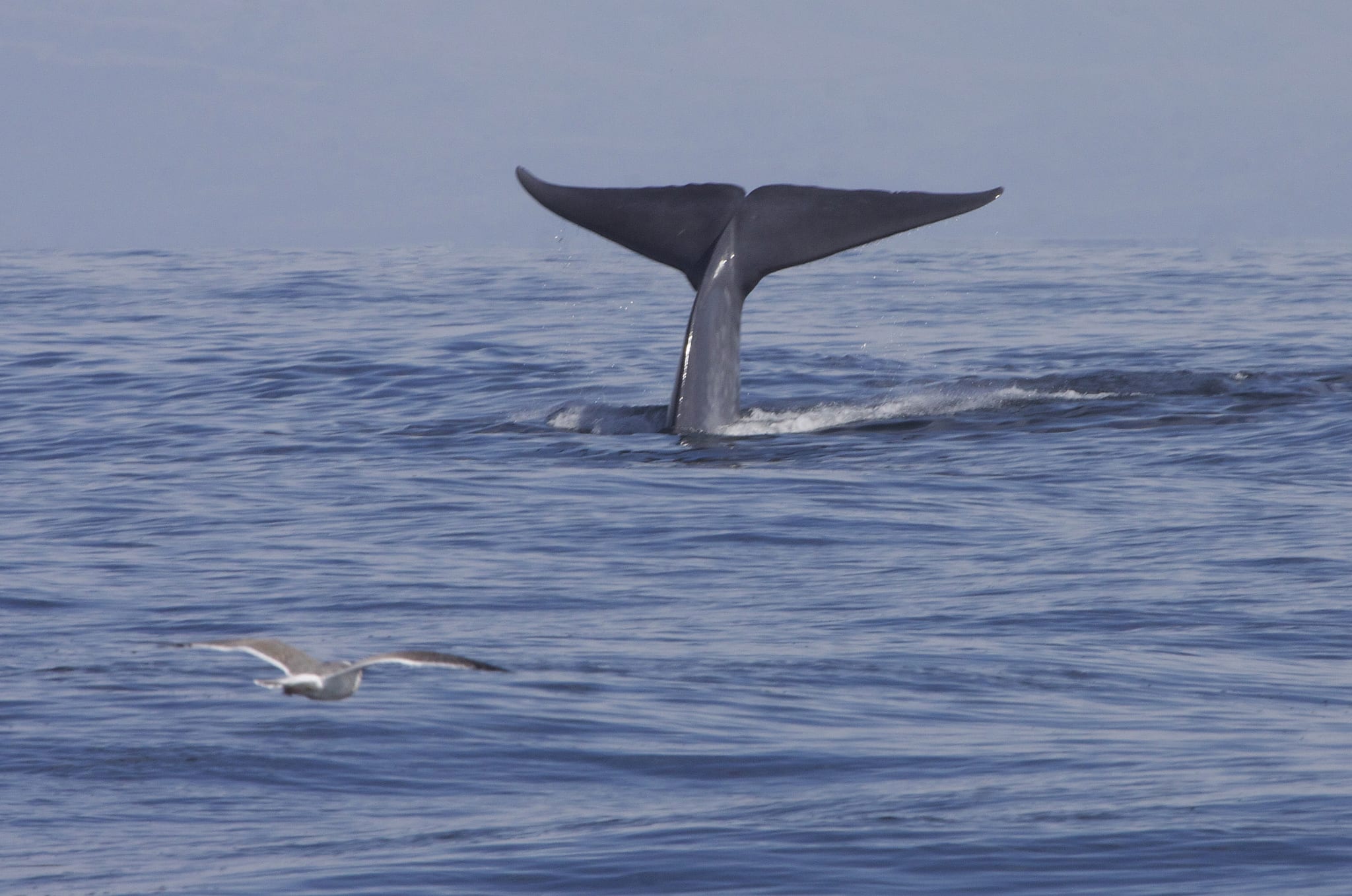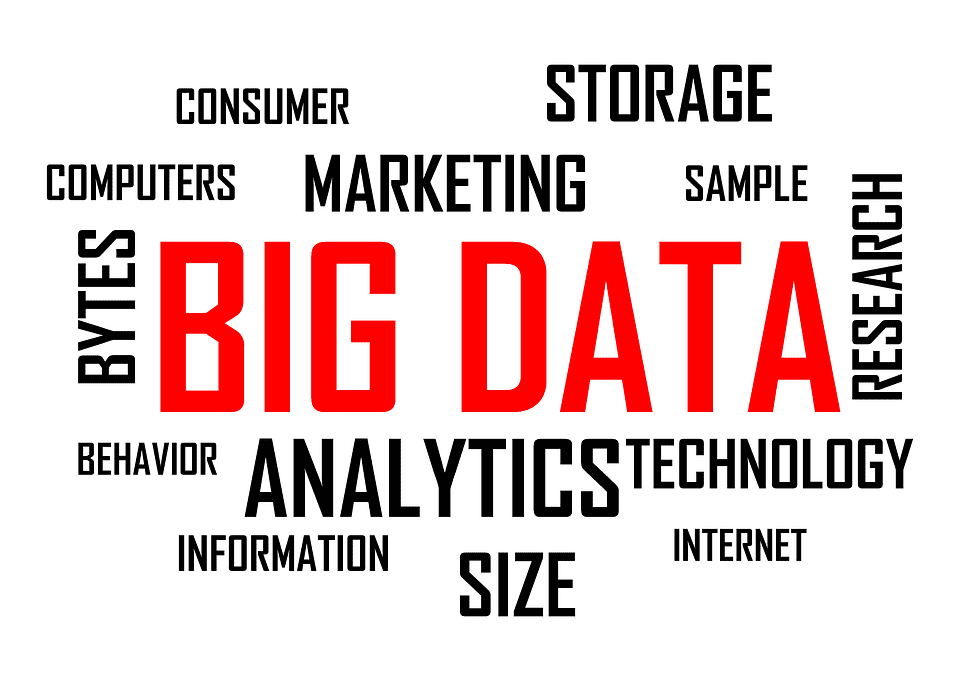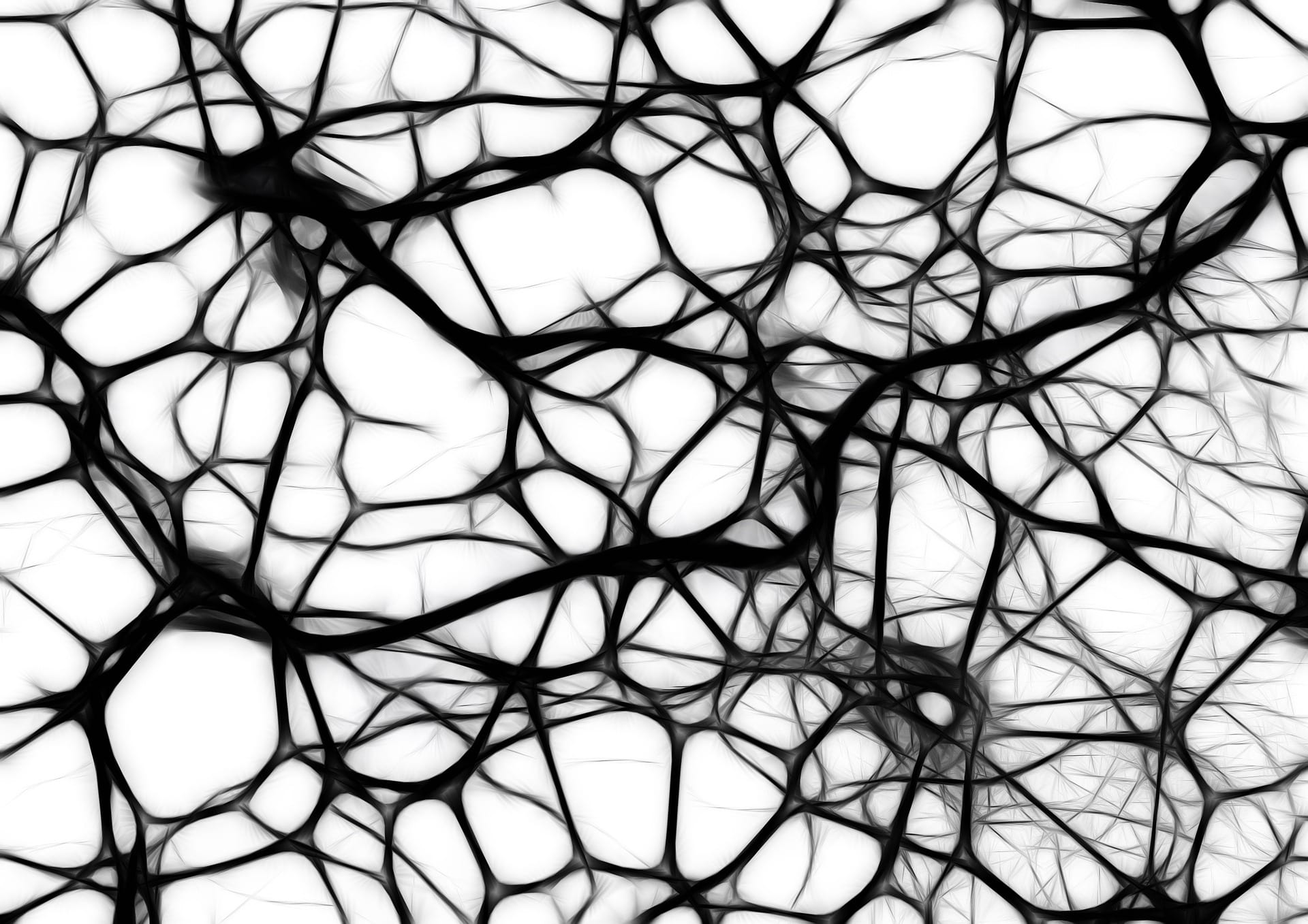
The Great Decide: Health Promotion in Our Everyday Choices
Our days are made up of thousands of decisions – both big and small, simple and complex. Generally we respond to these decisions by acting in our best interests. Yet have you ever decided to do something you knew would be bad for you? Chances are, you have. Usually, these are small decisions of small

